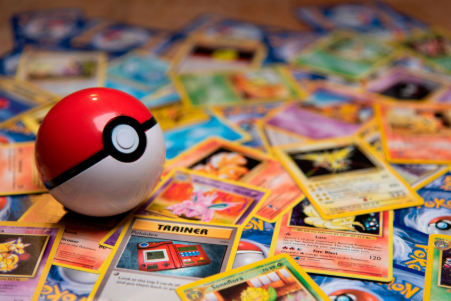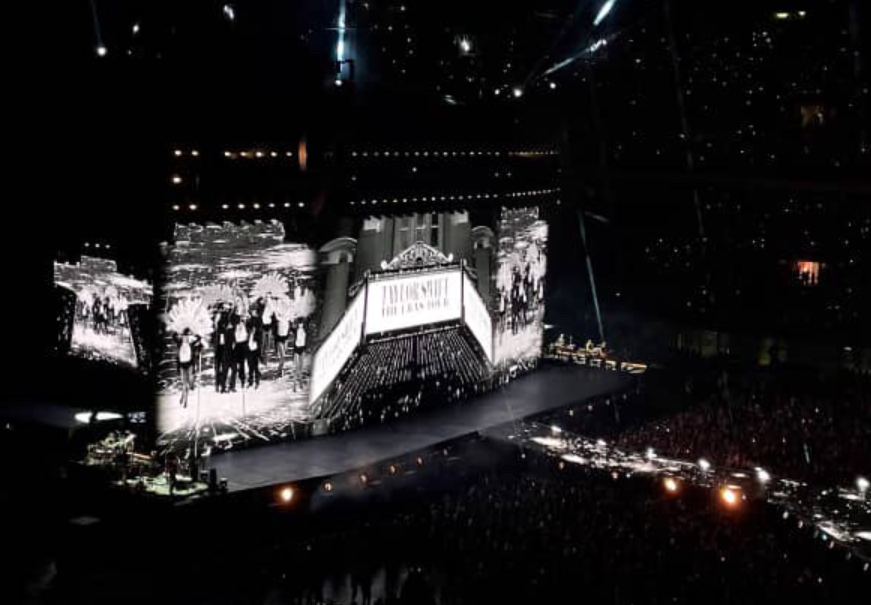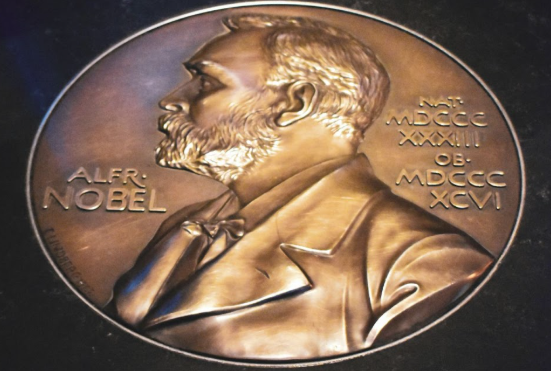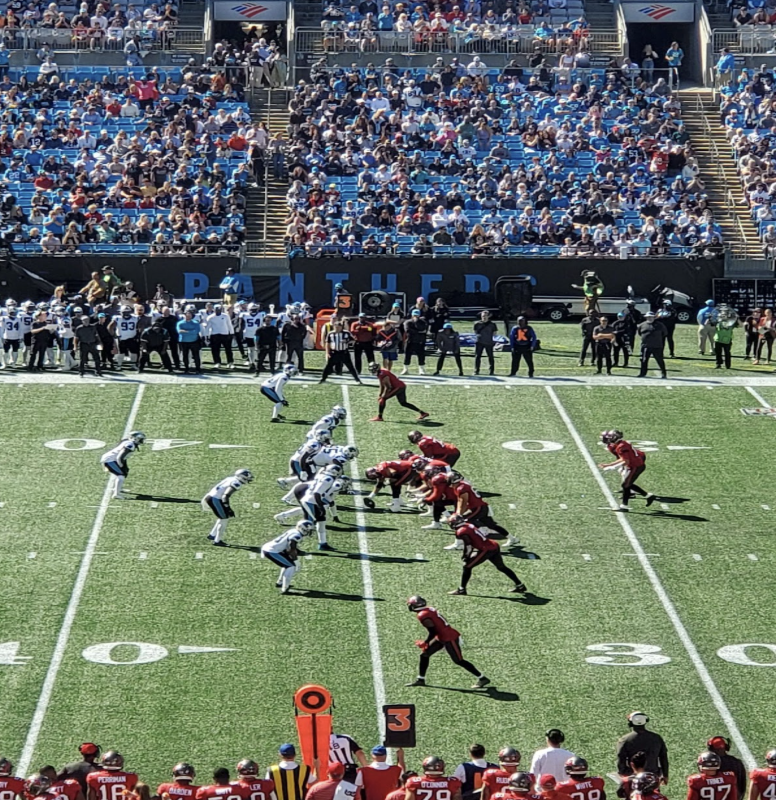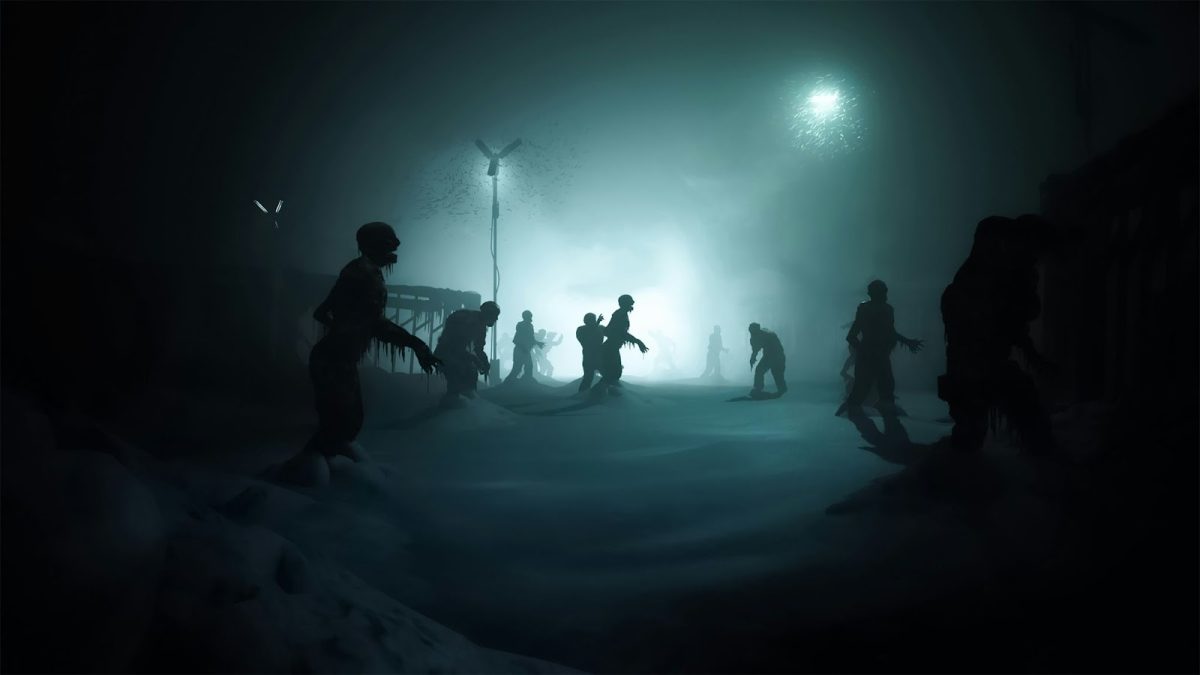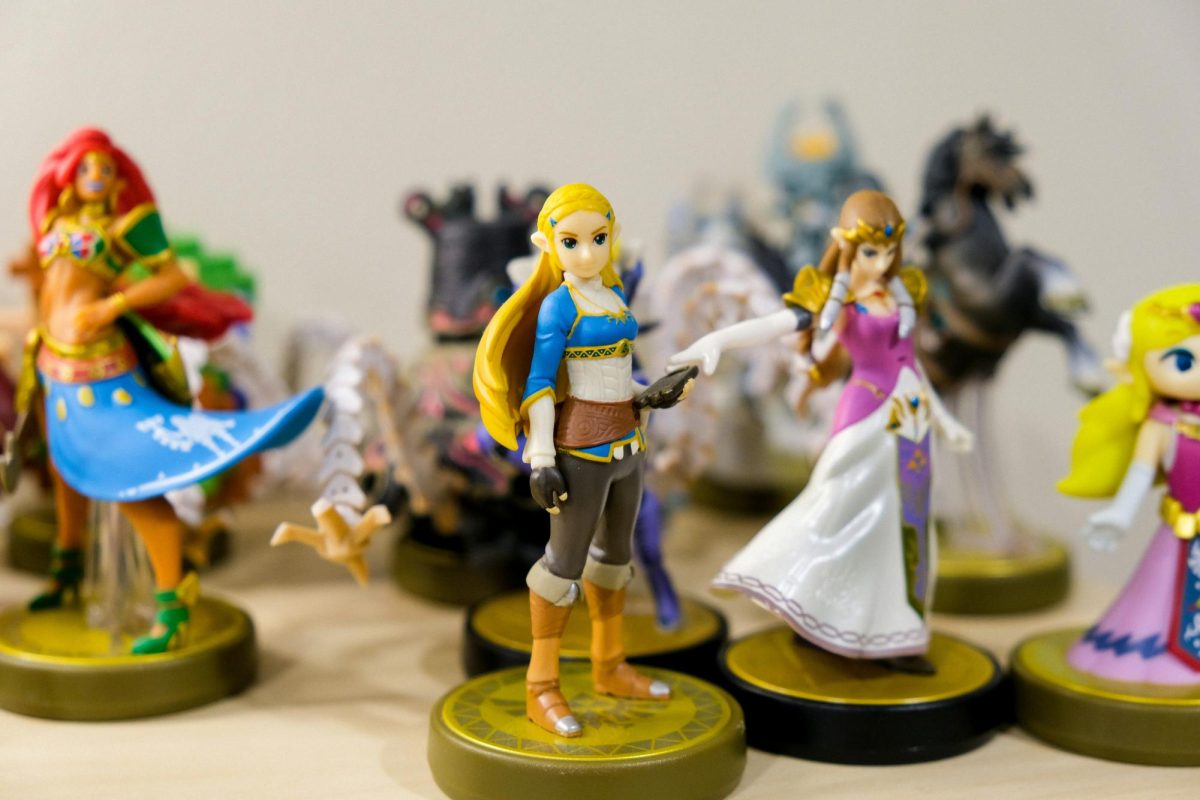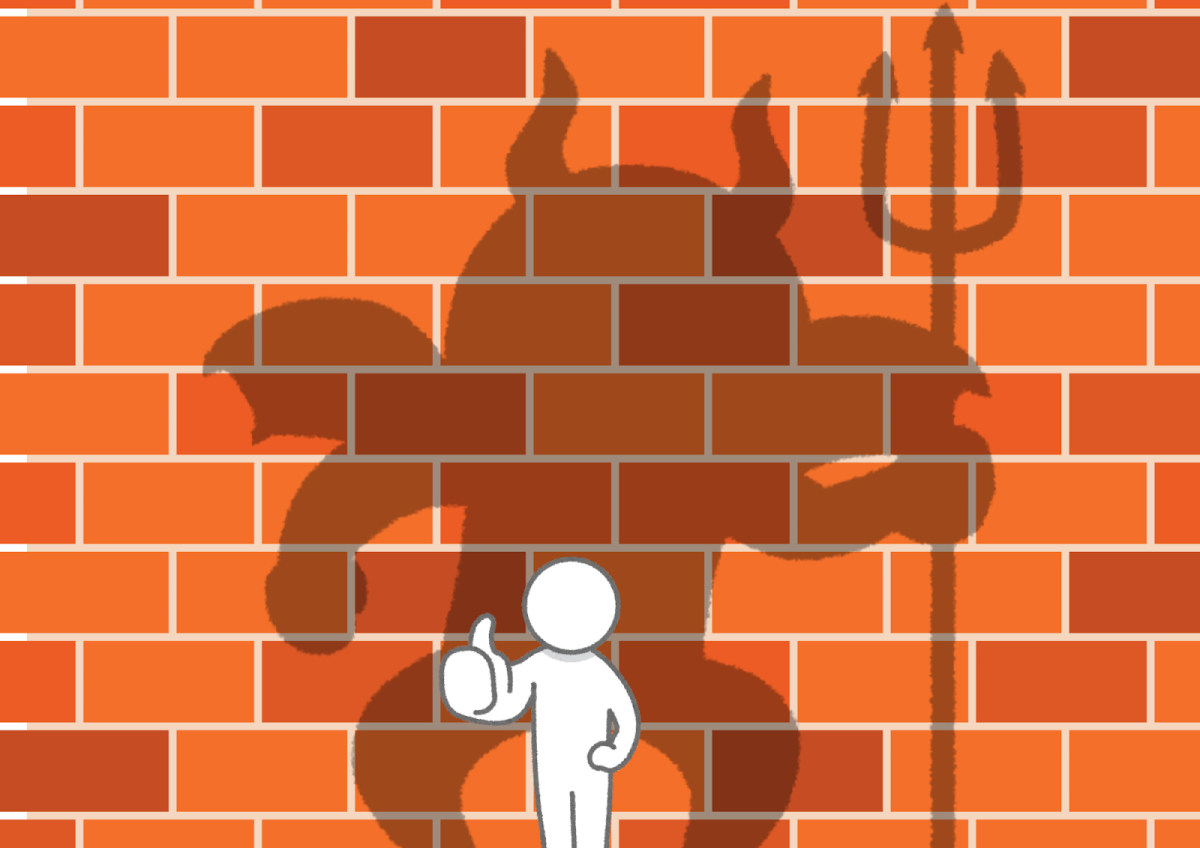What is so hard about letting a character stay the same without changing them into something entirely different? With the recent release of HBO Max’s “The Penguin,” the question of why studios chose to change their characters into flat-out heroes instead of just letting them be evil or morally grey is pressing.
“The Penguin” takes place after “The Batman” as a limited series that shows the transformation of one of DC’s most notable villains, telling the story of how a nobody became one of Gotham’s top gangsters. Oz Cobb, the character behind The Penguin, played by Colin Farrell provided a performance that made many gravitate towards the iconic villain.
Even though The Penguin is a sympathetic character in the series, he is still a villain. Imagine the series if Oz became a hero who suddenly wakes up and realizes that he wants to do good in Gotham. That would have changed everything and most likely not for a good reason.
This very scenario has happened times before, however. Characters who were meant to be villains transformed into something that does not even match what they originally were. That was one of the main criticisms of the 2021 movie “Cruella.”
In the original “One Hundred and One Dalmatians,” Cruella de Vil is a woman who wants to buy a litter of 15 puppies so she can have them skinned and turned into a fur coat… pretty evil, right? Well, the writers behind “Cruella” must have thought so too. So much so that they completely removed the staple evilness of her character from “Cruella” (2021).
Instead, the writers for the film made a backstory on why Cruella hates Dalmations in the movie. She does not even have any dark thoughts about puppies and their fur, but instead, her whole character is driven on having an influential career in fashion. Somehow, the writers made the woman who wants to wear the fur of dead puppies into a hero— they took a vital piece of her character and added a new layer that made zero sense.
Of course, it is going to be easier to market a good guy over a villain as the main character. Naturally, the people behind movies want the audience to sympathize with their villains. “Cruella” director Craig Gillespie shared in an interview with Film, that it was a challenge to humanize Cruella de Vil, but that is what he wanted to accomplish. Ultimately, however, “Cruella” (2021) detracted from the original villain’s story and resulted in a film inconsistent with its franchise.
Another example of switching up a character’s position in a story is Boba Fett, who unfortunately went towards the hero route instead of what he was originally written as. In the original “Star Wars” trilogy, Boba Fett was a cold bounty hunter who ruthlessly killed in order to receive his payment no matter what.
In “The Book of Boba Fett,” a series by Disney+ however, the character went through a redemption arc after being taken in by a tribe of Tusken Raiders. Somehow, he gained Luke Skywalker’s capacity to do good, which truly was not needed. Now, Fett is a man who rediscovers his sympathy and honor. Near the end, Boba Fett becomes an adored figure by his subjects that he cares for now. For some reason, a cold-hearted figure was turned into a hero of sorts when that is exactly what his character was not.
Taking a story as complex as a person who killed anyone for money, regardless of who they were as long as he was being paid, into practically a saint is a blatant downgrade in quality. There is so much a writer can do with Fett’s original concept, and instead they went with the cleanest option out of all, almost like they are afraid to take a risk and write a morally grey character at his finest.
Again, in “Black Adam” starring Dwayne “The Rock” Johnson, Black Adam is seen as a hero in the movie when his character is a lot more complex than that in the comics. In the 2022 movie, he never made the audience question his allegiance not even once.
His motives were selfless, and the only people that were harmed were his enemies, who were not humanized. How can someone stray so far away from their character? In the cartoons and comics, Black Adam goes out of his way to fight other superheroes and innocents as well. He is complex and not one sided, but the movie made him out to be.
The movie would have been a lot better if Black Adam would not have become a hero and otherwise stuck to his previous characterizations. What is so hard about letting a character stay complex instead of turning them into a hero just like that?
The abundance of these scenarios playing out is becoming increasingly obvious that writers just do not know how to write a story without making villains a hero. It is alright for a villain to stay evil without change.
This is not to say that people can not have creative liberties with characters and everything has to be exactly alike. However, when taking away an important factor of someone’s character– with Cruella de Vil’s obsession with skinning puppies and Boba Fett’s ruthless bounty hunting– and butchering it just so that they can be “good” will not make for a cohesive story.
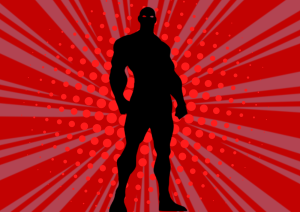
(RZ’Naisa Self)
Taking Hannibal Lecter and completely cutting out the parts of him being a cannibal, makes no sense, right? If someone is going to write a villain or a morally grey character, just let them stay like that. Do not take the easy way out and make them into a hero.
That is the problem, people believe that the act of sympathizing is only reserved towards good guys and that is where the problem is. People sympathize with The Penguin because of the way he is treated as a lesser human being than others in the show and he is the farthest thing from a hero.
Anyone and everyone can have sympathy directed towards them, villain, hero or anti-hero included. Simply changing a character’s allegiance because someone thinks that otherwise no one would understand them makes zero sense.
There are times when a character is just not exactly a good guy and that is the way it should continue. Not everything is white, sometimes it is black or grey and that itself can make for a compelling story.

